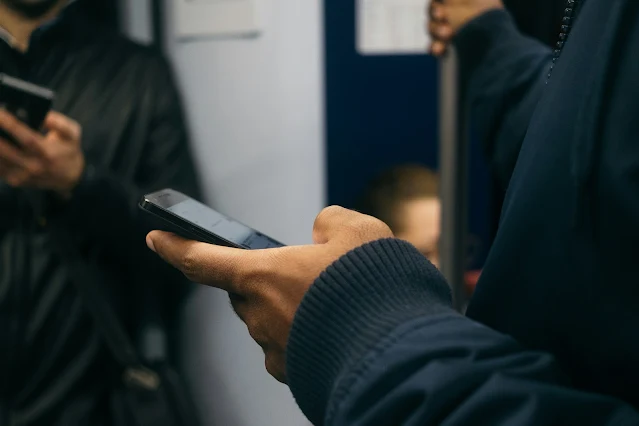Emergency Fund 101: How Much You Really Need and Where to Keep It
Introduction
If there’s one thing life guarantees, it’s surprises—and not all of them are good. That’s why having an emergency fund isn’t just smart; it’s essential. Whether it’s a medical bill, car repair, or sudden job loss, a well-built emergency fund can protect your finances and your peace of mind.
Why Emergency Funds Are More Important Than Ever
According to a February 2025 report by Bankrate, 57% of Americans said they wouldn’t be able to cover a $1,000 emergency with savings alone. With inflation keeping basic living costs high, this gap in financial preparedness is more than a statistic—it’s a wake-up call. Building an emergency fund is one of the most effective ways to avoid relying on credit cards or loans during tough times.
What Exactly Is an Emergency Fund?
An emergency fund is a stash of money set aside specifically for unexpected expenses. It’s not for planned purchases or vacations—it’s your financial safety net when life throws you off course.
How Much Should You Save?
The general rule is to save 3 to 6 months’ worth of living expenses. That includes rent or mortgage, groceries, utilities, transportation, insurance, and minimum debt payments. If your job is unstable or you’re self-employed, aiming for 6 to 9 months may be safer.
Where Should You Keep It?
- High-yield savings account: Offers interest while keeping your money easily accessible.
- Money market account: Slightly higher yield, check-writing ability, still liquid.
- Separate bank account: Helps prevent accidental spending.
Avoid investing your emergency fund in stocks or long-term CDs. The priority is access, not growth.
Tips to Build Your Fund Faster
- Automate a small transfer every payday
- Use tax refunds or bonuses to jumpstart your savings
- Cut back temporarily on nonessential expenses
Even saving $25 or $50 at a time adds up faster than you think.
Final Thoughts
You don’t need to build your emergency fund overnight. What matters is getting started. A few hundred dollars is better than nothing, and building momentum is key. Your future self will thank you when life’s next curveball comes your way.
Published by financewisedaily




